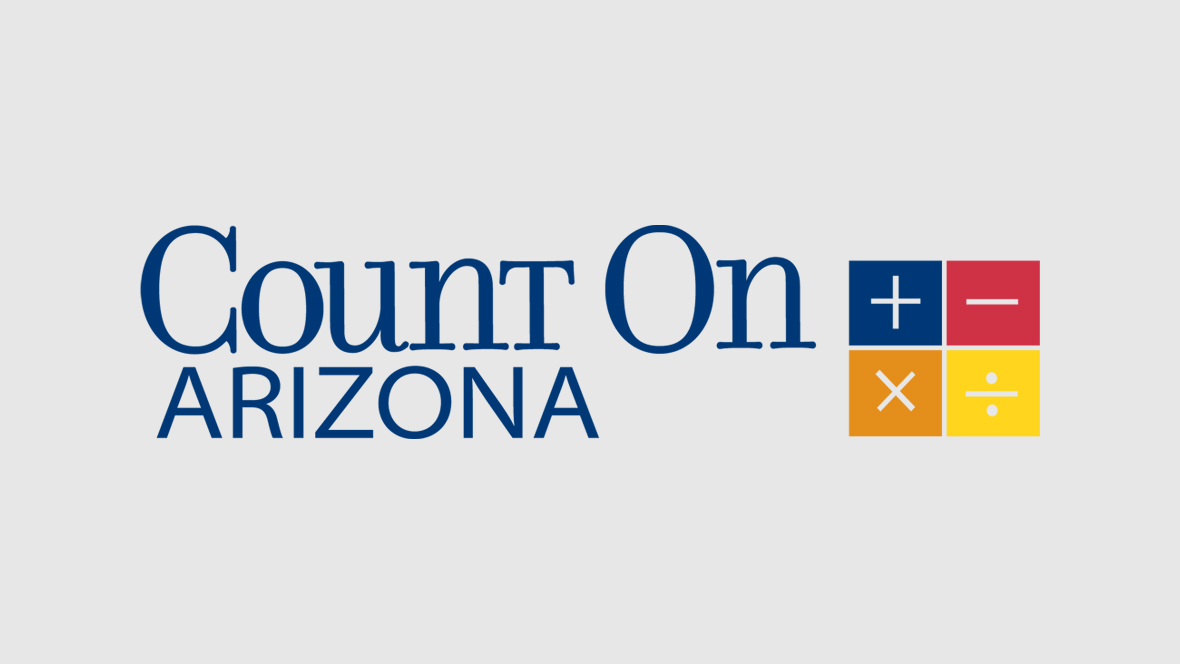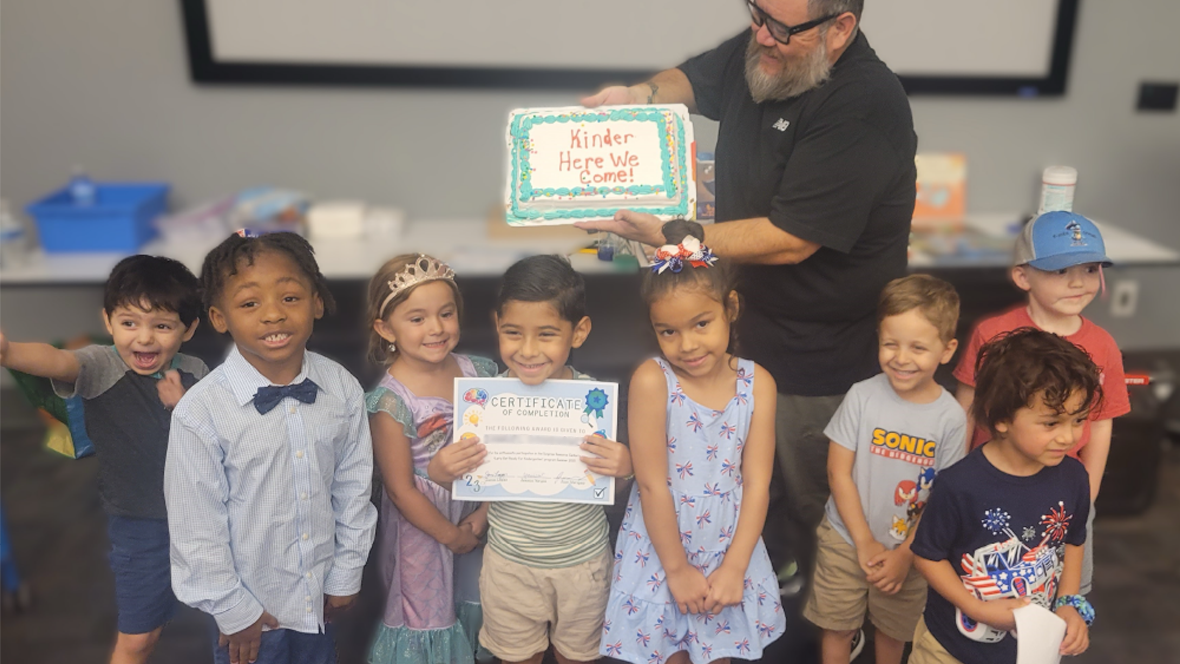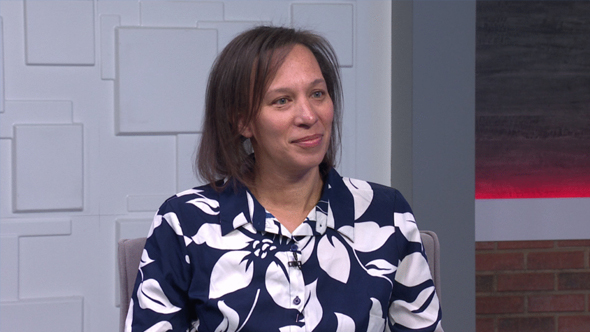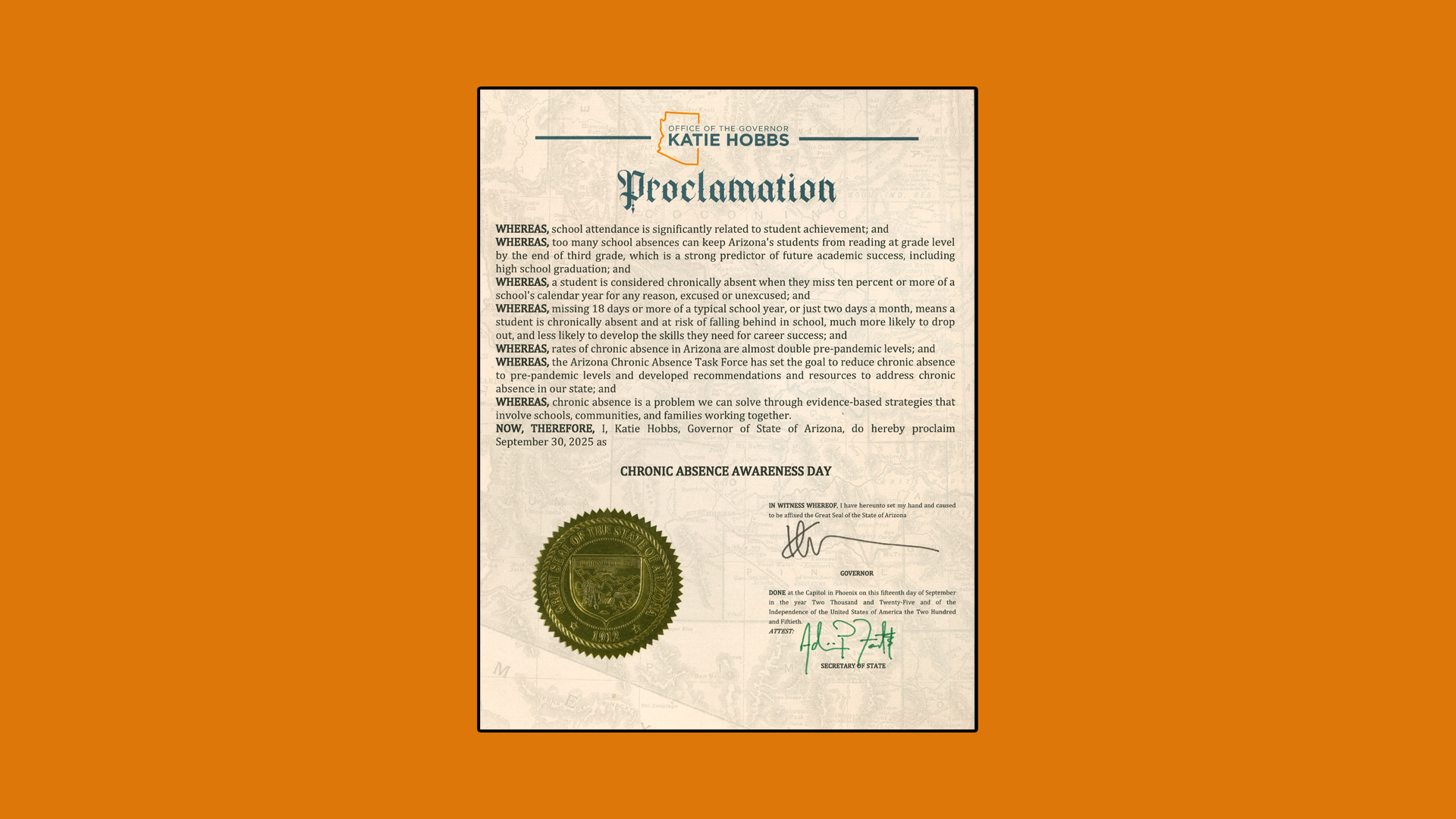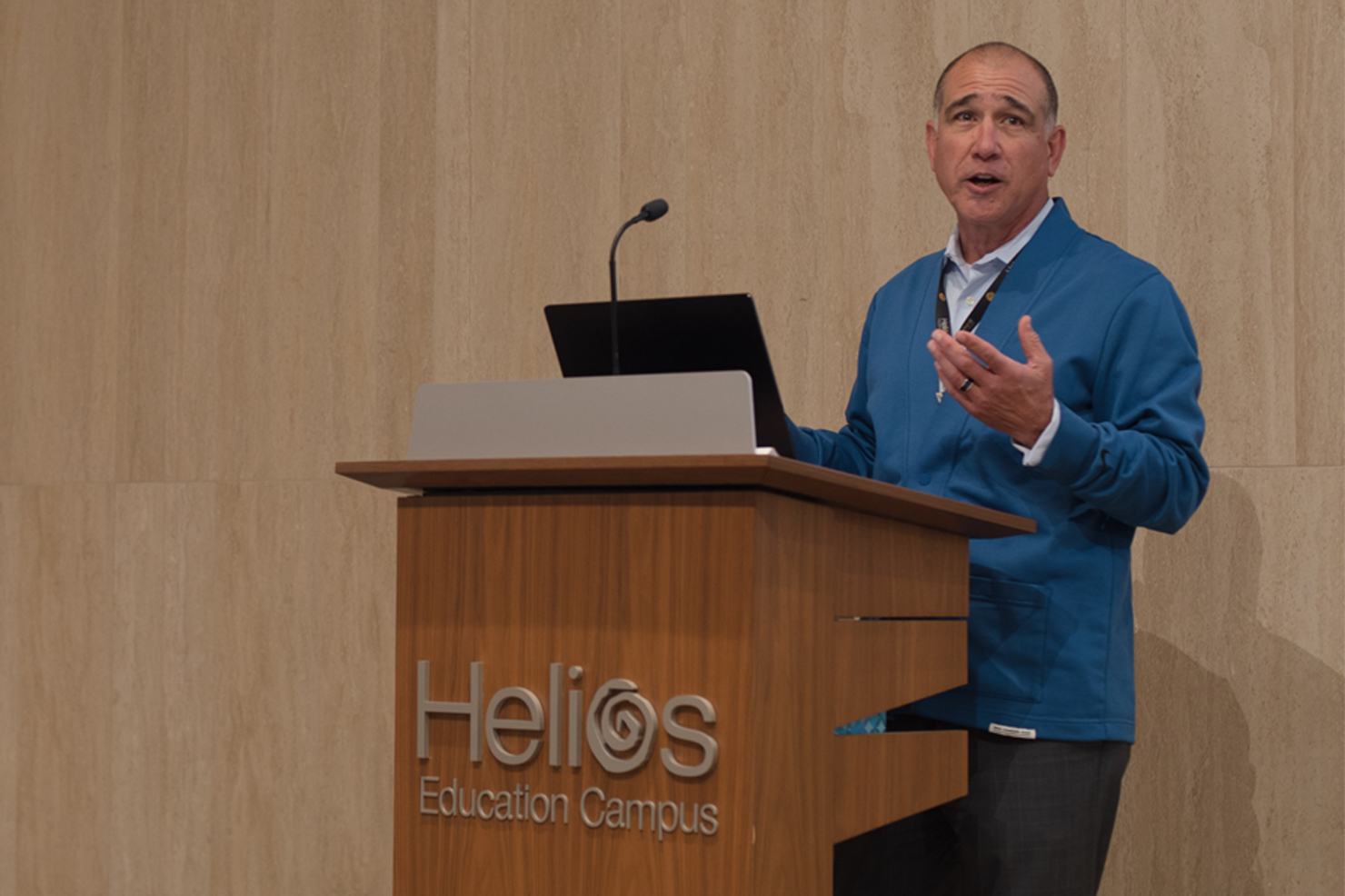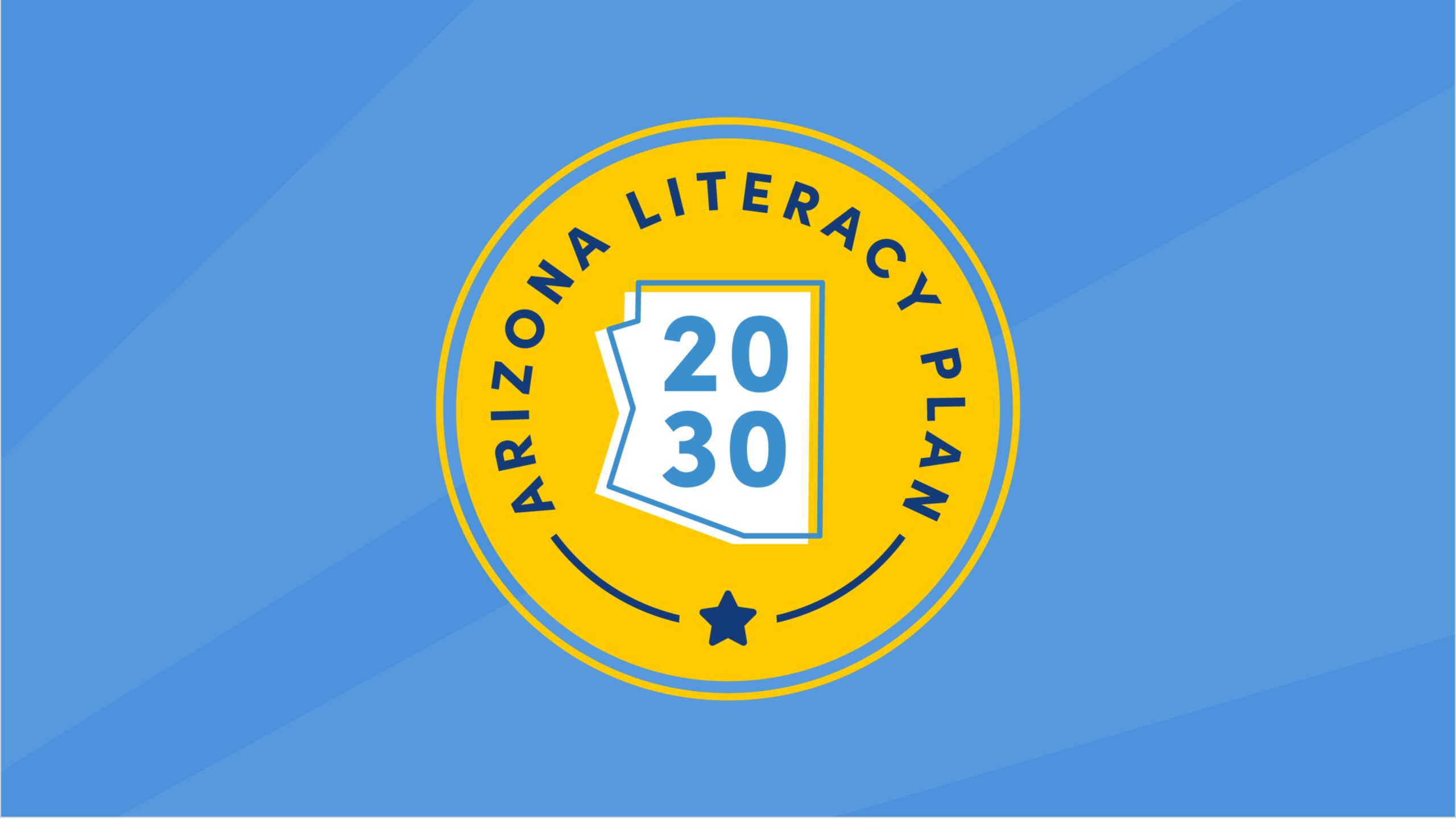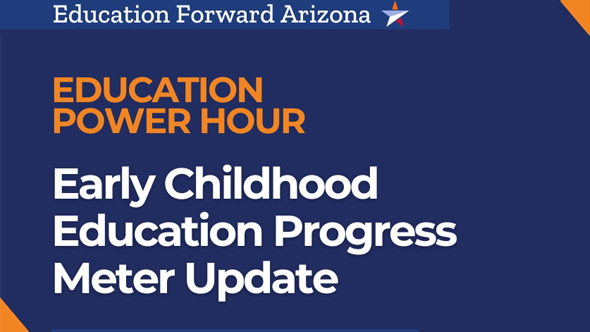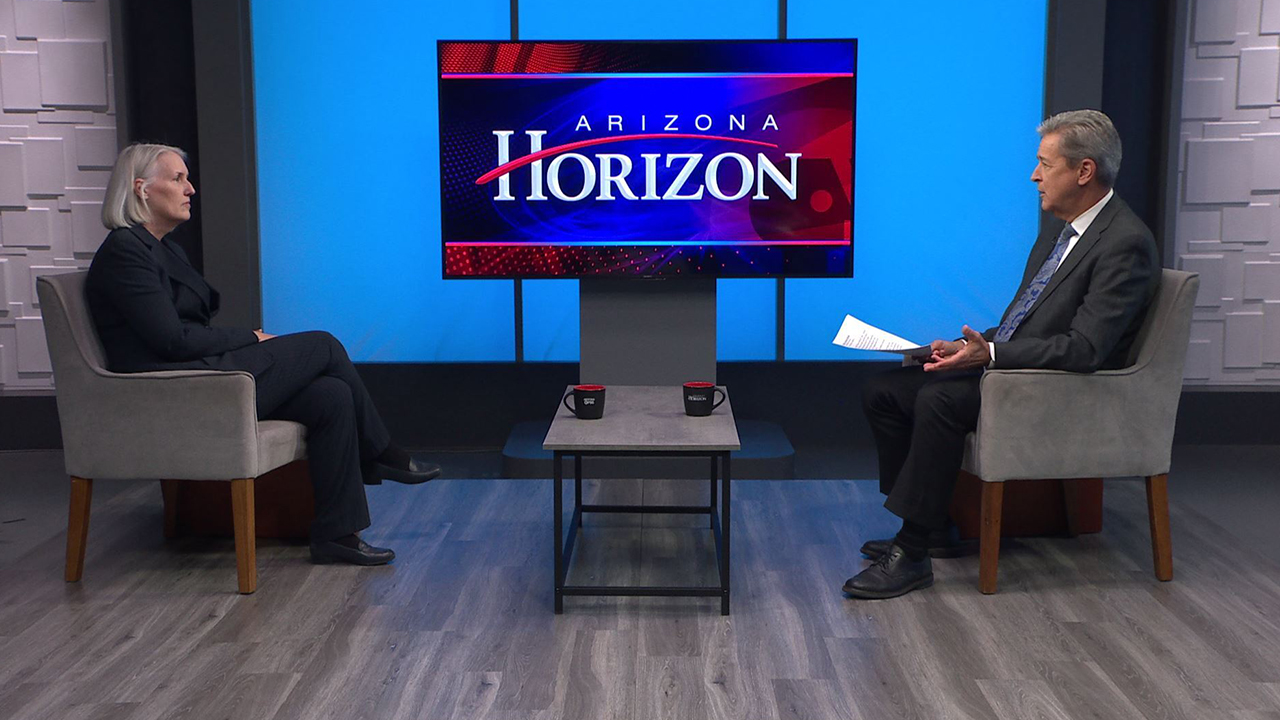October 27, 2025
State Strategies
According to data from the Arizona Department of Education (ADE), 36% of Arizona’s third grade students scored at or above proficiency on the state’s English Language Arts (ELA) assessment in 2025, a decline of three percentage points from the previous year and ten points below pre-pandemic levels.
The ELA assessment is an important benchmark for our students’ literacy skills, encompassing reading, language, and writing. Third grade is a crucial milestone, as research shows that students who don’t learn to read well by the end of third grade are four times more likely to leave school without a diploma or the skills and abilities needed for success in Arizona’s future workforce.
“These test scores are more evidence that Arizona has to go all-in on literacy,” said Terri Clark, who leads the collaborative work of Read On Arizona. “It should be a top priority for leaders across our state.”
Partners in Read On Arizona have launched Arizona Literacy Plan 2030, which outlines the strategies needed to improve third grade reading scores, such as training our early grade educators in the most effective ways to teach reading and supporting them with coaching to put their training into practice in the classroom. Its goal is for 72% of Arizona’s third graders to be proficient readers by 2030.
“We have the right plan with the right strategies,” said Sean Ross, Executive Director of the Arizona State Board of Education. “They’re working in other states. Arizona has just been slower to bring them to scale.”
“We are focused on improving student outcomes in reading by supporting educators with the tools, training, and coaching they need to teach reading effectively,” said Linda Burrows, Deputy Associate Superintendent of Academic Standards at ADE.
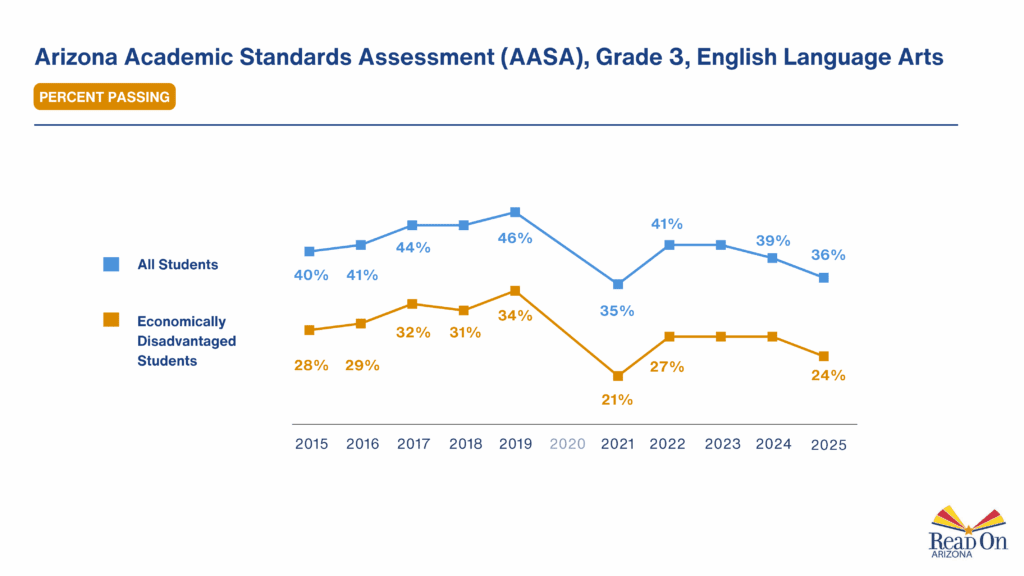
Scale-to-Succeed Strategies
In recent years, several southern states have made consistent progress in early literacy with similar “scale-to-succeed” strategies that make up Arizona Literacy Plan 2030:
- Expanding the availability of literacy coaches to support schools with the most struggling readers.
- Successfully implementing the K-5 Literacy Endorsement so that all educators who teach reading are trained in the most effective ways to teach reading.
- Ensuring that all schools use high quality instructional materials based in the science of reading.
- Reducing chronic absence to pre-pandemic levels.
- Expanding access to quality preschool so that more children start kindergarten with the readiness skills they need to begin to learn to read.
“These states have acted with greater urgency than Arizona, and they’ve had positive results more quickly,” Clark said.
Tennessee trained 45,000 teachers in the science of reading in less than three years, from 2020-2023; Arizona passed legislation in 2021 requiring early grade educators to be trained and acquire the K-5 Literacy Endorsement, but to date, less than 10% have received the endorsement, and certified teachers have until 2028 to do so.
Mississippi pioneered literacy coaching in its lowest-performing schools in 2013; ADE currently has 34 literacy coaches in the field, well short of the 125 they have identified as needed for effective implementation of the program statewide.
Louisiana has required all schools to use high-quality instructional materials since 201; about a quarter of Arizona schools serving K-3 are not currently using evidence-based reading curricula, interventions, and supplementary literacy programs.
“We have to accelerate our scale-to-succeed strategies now,” Clark said. “We can’t keep doing what we’ve been doing, which is half-measures and taking things slow. And we can’t get distracted. Our best innovation will be implementing these proven strategies at scale.”
